China and the European Union have identified circular economy development as a key area of mutual interest, with both sides touting significant progress and potential for deeper cooperation, delegates said Tuesday at a China-EU roundtable.
The 19th meeting of the China-EU Round Table, a bilateral mechanism addressing economic and social issues, brought together representatives from the China Economic and Social Council and the European Economic and Social Committee. Discussions centered on strategies to boost cooperation in resource efficiency, waste reduction, and sustainable production.
Agnes Cser, a veteran EESC member, highlighted the EU's commitment to the circular economy as part of its broader push to harmonize production and consumption while minimizing ecological damage. "The essence of the circular economy is to use natural resources more efficiently, minimize waste, and maximize the utility of materials and products," Cser said.
China, which integrates circular economy development into its ecological conservation blueprint, has built a robust industry chain encompassing waste recycling, renewable materials re-manufacturing, and the sale of sustainable products, according to Zhai Qing, a senior CESC member.
In 2023, China recycled 260 million metric tons of scrap iron and steel, accounting for 21 percent of its raw material supply, and 67.5 million tons of waste paper, or 70 percent of its needs. Additionally, the country repurposed 4 billion tons of bulk solid waste for use in construction and infrastructure, Zhai said.
The EU has also advanced its circular economy, achieving an 11.5 percent circular material use rate, surpassing the global average by 4.3 percentage points.
Despite this, there remains "great potential for further collaboration," Cser noted.
The EU-China Memorandum of Understanding on Circular Economy Cooperation, first signed in 2018 and renewed in September 2023, has strengthened joint efforts in battery recycling, plastic pollution management, and re-manufacturing technologies.
"China and the EU share similar goals and have achieved remarkable progress," said Zhang Haibin, a distinguished professor at Peking University and CESC member. "Their collaboration aligns with the interests of both sides and offers global benefits."
The EU adopted a new circular economy action plan in 2020 under its Green Deal, while China's circular economy initiatives are integral to its 14th Five-Year Plan (2021-25), released in 2021. China has also engaged in bilateral dialogues with European countries such as Germany, Finland, and Hungary.
Panagiotis Gkofas, an EESC member, suggested integrating circular economy principles into China's Belt and Road Initiative to promote sustainable infrastructure globally. "China and the EU can help countries across Asia, Africa, and Europe transition to more sustainable economies," he said.
Delegates proposed areas for enhanced collaboration, including regulatory alignment, technology exchange, research partnerships, and public education initiatives to foster awareness and adoption of circular economy practices.








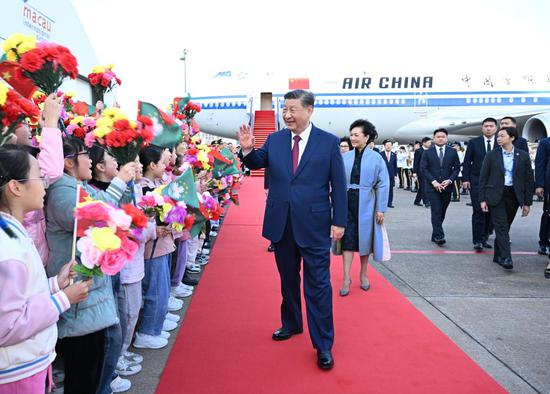

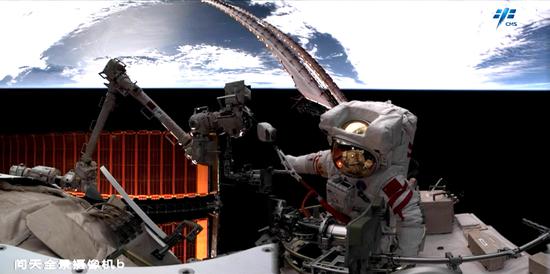
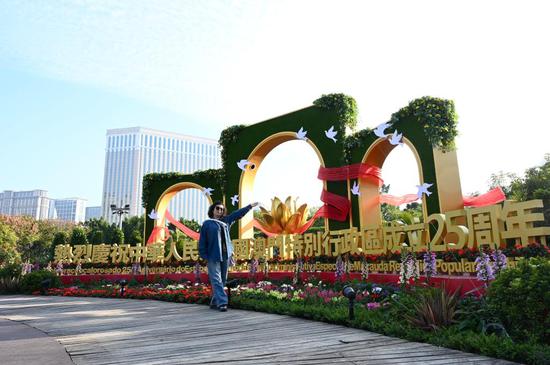
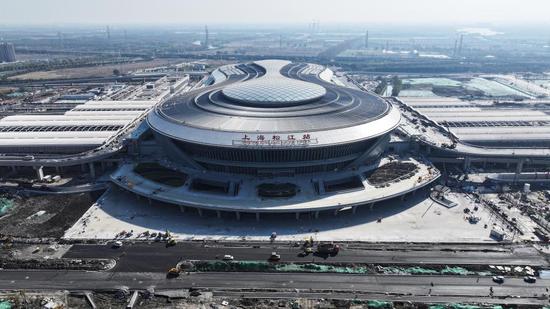


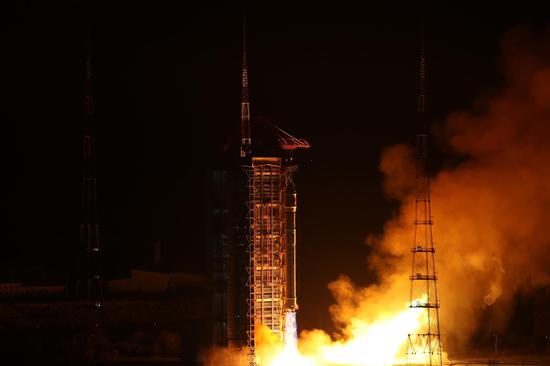


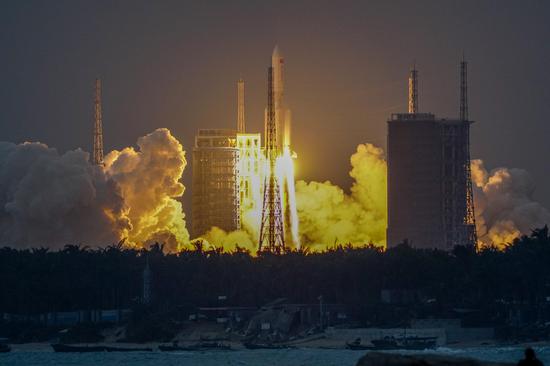




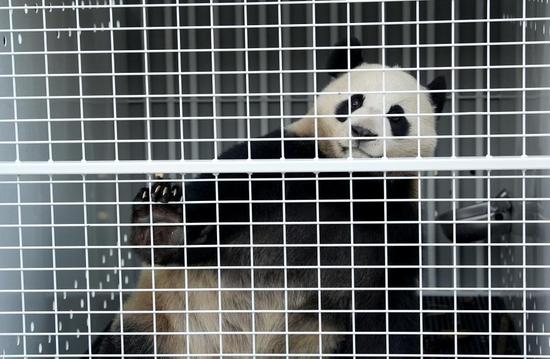

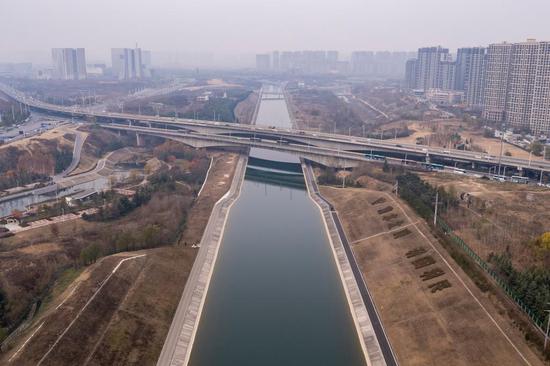

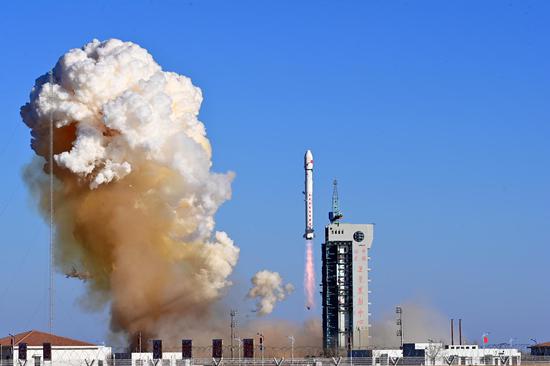
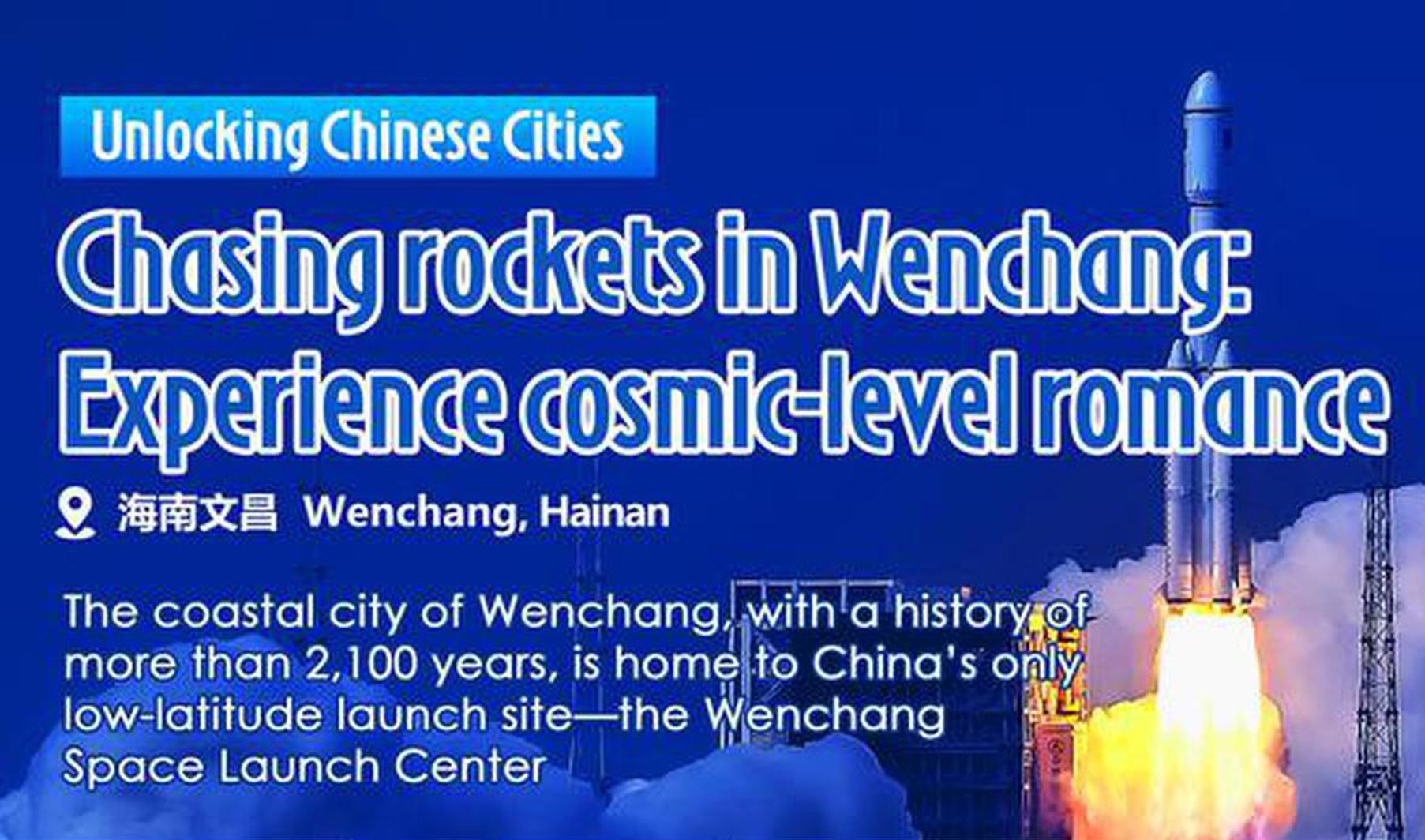






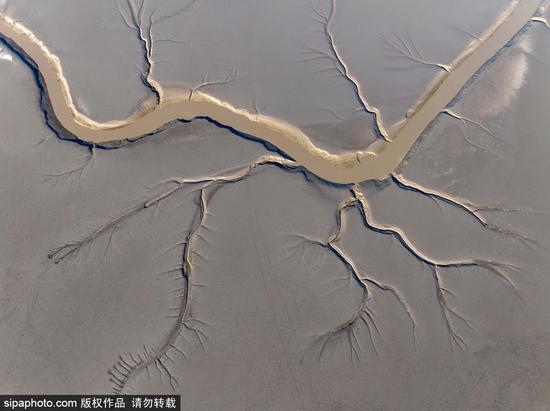
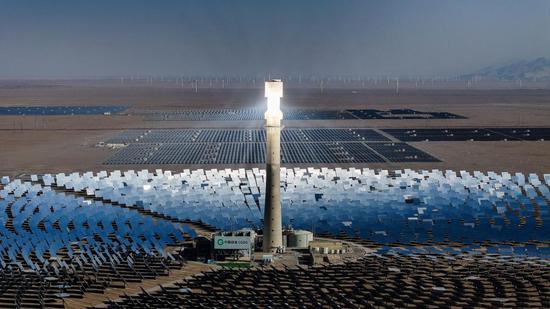
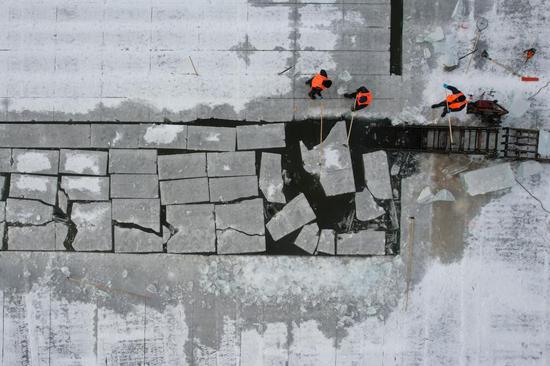


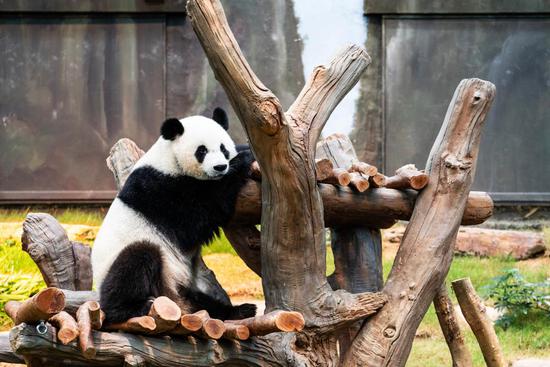



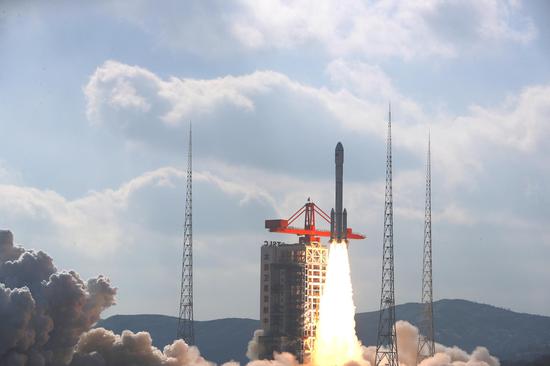





 京公网安备 11010202009201号
京公网安备 11010202009201号